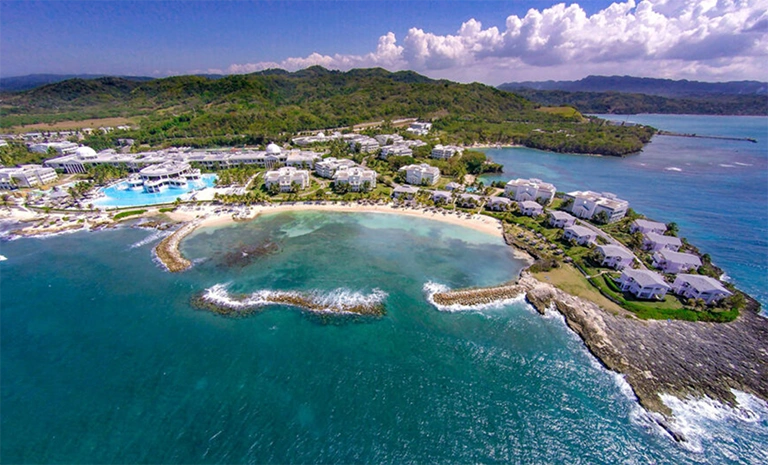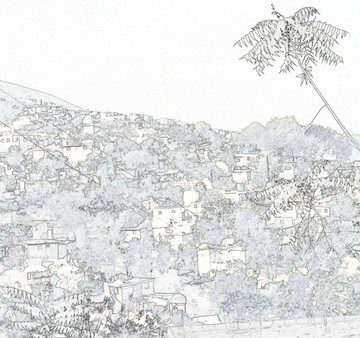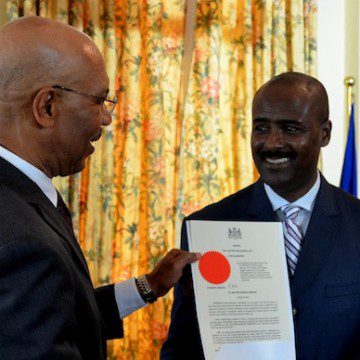Dennis Chung: Why Devaluation Is Not Good for Jamaica

By Dennis Chung
CJ Contributor
OVER RECENT WEEKS there have been utterances from several quarters in Jamaica — including economists, analysts, and technocrats — about the benefits of devaluation for the country.
The argument being made, is based on the theory that if we were to devalue the Jamaican dollar in relation to the US dollar, then our exports would get relatively cheaper and this would lead to a greater demand for Jamaican exports.
This is a strategy that countries like the US, Europe, and China are well aware of, and it seems as if there is a constant currency value war between these countries.
The US, for example, is constantly complaining that China’s currency is undervalued, which leads to China’s goods being cheaper than the US gods, resulting in the massive trade deficit the US has with China.
If this argument holds true then the position being put forward by those in favour of the Jamaican dollar being devalued, and as some put in finding its true value, should be correct then.
The question is, if this argument is true then why has the J$ moved from a position in the 70s where it was stronger than the US$, to where it is today (approaching 100) and it seems as if our economy is getting worse, and more importantly our trade deficit is expanding. Shouldn’t the massive devaluations we have seen (over average $2.50 per year since the 70s) result in an improved trade deficit.
This is where those who propose devaluation fall short in their argument, as the assumptions they make are incomplete.
The fact is that devaluation can only help a country’s currency IF and only IF the country’s currency being devalued has the productive capacity to replace the imports.
So in Jamaica’s case, where 45 percent of our imports are oil (35 percent) and food (10 percent), the question to be asked is do we have the productive capacity to replace the imports. So as expensive as oil gets can we substitute it with locally produced energy sources? Or can we replace our food imports with locally produced foods?
The answer to these questions is no. So therefore irrespective of how much the dollar is devalued, we will still need to import oil and food, because we have not put the energy policy in place to grow for example renewable energy generation to replace foreign oil. And in the case of food, praedial larceny, lack of proper roads, and using farm lands for construction inhibits local food production.
The other argument for imports that we can substitute with local production, is that 70% of our export content is from imported raw materials, as labour costs (unlike China) are a very small percentage of inputs. So it follows that as the dollar devalues the cost of exports increase also because more money has to be found for the imported content.
Therefore, my conclusion, as was the same for Seaga and Davies, is that the only thing devaluation does is cause inflation and erodes spending power. The only way to solve the problem is to fix the structural issues of crime, energy, and bureaucracy.
Dennis Chung is a chartered accountant and is currently Vice President of the Institute of Chartered Accountants of Jamaica. He has written two books: Charting Jamaica’s Economic and Social Development – 2009; and Achieving Life’s Equilibrium – balancing health, wealth, and happiness for optimal living – 2012. Both books are available at Amazon in both digital and paperback format. His blog is dcjottings.blogspot.com. He can be reached at drachung@gmail.com.







